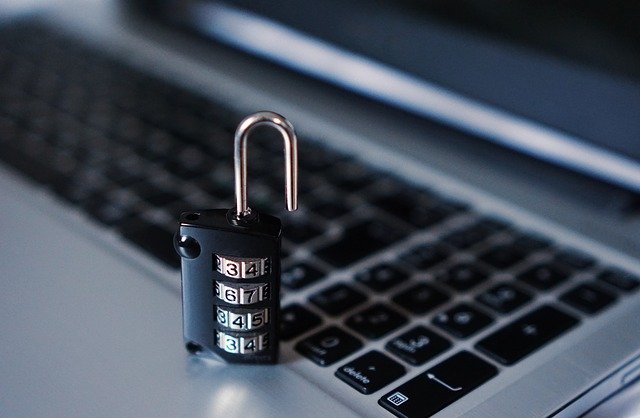When you’re on the internet, it is crucial to protect your data every step of the way. The more secure your passwords, the safer your data is from hacking and phishing attacks. Your password is your main line of defence from hackers. You can protect your password and stay safe online without putting in much effort – in this article, we’ll show you 8 simple ways to secure your online login details.
Table of Contents
1. Use different usernames and passwords for different websites
Most people use the same username (or email ID) and password for multiple websites, ranging from social media, work profiles, and even online banking accounts. Hackers usually target weak websites and data breaches.
In case you use the same credentials for every website, you are only as safe as your least secure website. If your login information is leaked in a data breach, hackers might try using the same information to attempt logging in to other accounts. When you use the same username and password for different websites, you put your entire online presence at risk!
2. Use a strong password
Having a really obvious password is like inviting a hacker to gain access to your account. Your password should have a minimum of 15 characters. Here’s a helpful checklist of characters every unique password should have:
- 1 lowercase letter
- 1 uppercase letter
- 1 number
- 1 special symbol
- No consecutively repetitive numbers (like ‘000’)
An unusual, unique password is more difficult to guess, and therefore more difficult to hack into.
3. Use a password manager
It might be difficult to remember all your login information, especially if you have different usernames and passwords for each account. Instead of writing it down on scraps of paper or random notepads, find an online password manager that can remember your information for you.
Password managers encrypt your information, sync them across devices, and also suggest unique passwords every time you create a new account on the internet. If you have an iPhone, Apple’s inbuilt password manager is a great place to start.
4 .Write your passwords down in a secure location
While an online password manager works well for storing information online, you might prefer to have an offline list of information in case of emergencies. In this case, write down your passwords and store them in a secure location, like a safe or a locker.
Seal the list in an envelope and store it with important documents. Ensure that both your documents and password list are in a secure location, preferably in a vault or safe.
5. Use multi-factor authentication
In the off-chance that your passwords do get stolen, multi-factor authentication (MFA) can help secure your account. MFA lets your server know that it is really you that is trying to log in to the website.
There are several ways to use MFA – typing in a secondary pin in addition to your password, answering a secondary question, receiving a code on your mobile number or email, or using biometric methods like a fingerprint or FaceID. Enabling MFA also ensures that you receive an alert every time a new device tries to sign into your account.
6. Use different email IDs for different purposes
Although this might take a while to set up initially, it is recommended to create different email IDs for different purposes. Cybersecurity experts from IT support Melbourne agree – “For starters, have three email IDs – one for work, one for social media, and one for banking. Separating your online identity will protect you from phishing and hacking attempts.”
7. Clear your cache regularly
Your cache holds information from all the websites you’ve ever visited. Hackers might target sensitive information (like stored passwords) on your browser through cache settings. Clear your cache by deleting your browser history and checking the ‘Clear cache’ box.
8. Use secure Wifi servers
Do not access sensitive information like internet banking when you’re browsing the internet on a public network. Free, public networks usually do not have enough security features to protect your login information. If you have to use a free WiFi network, use a Virtual Private Network (VPN). A VPN encrypts your data so that hackers cannot access it remotely.
The Bottom Line
You can never take online security lightly – now that we are dependent on the internet for pretty much everything, it is crucial to take steps to secure our online identity. Following these 8 tips regularly will make you feel much safer while browsing the internet.


